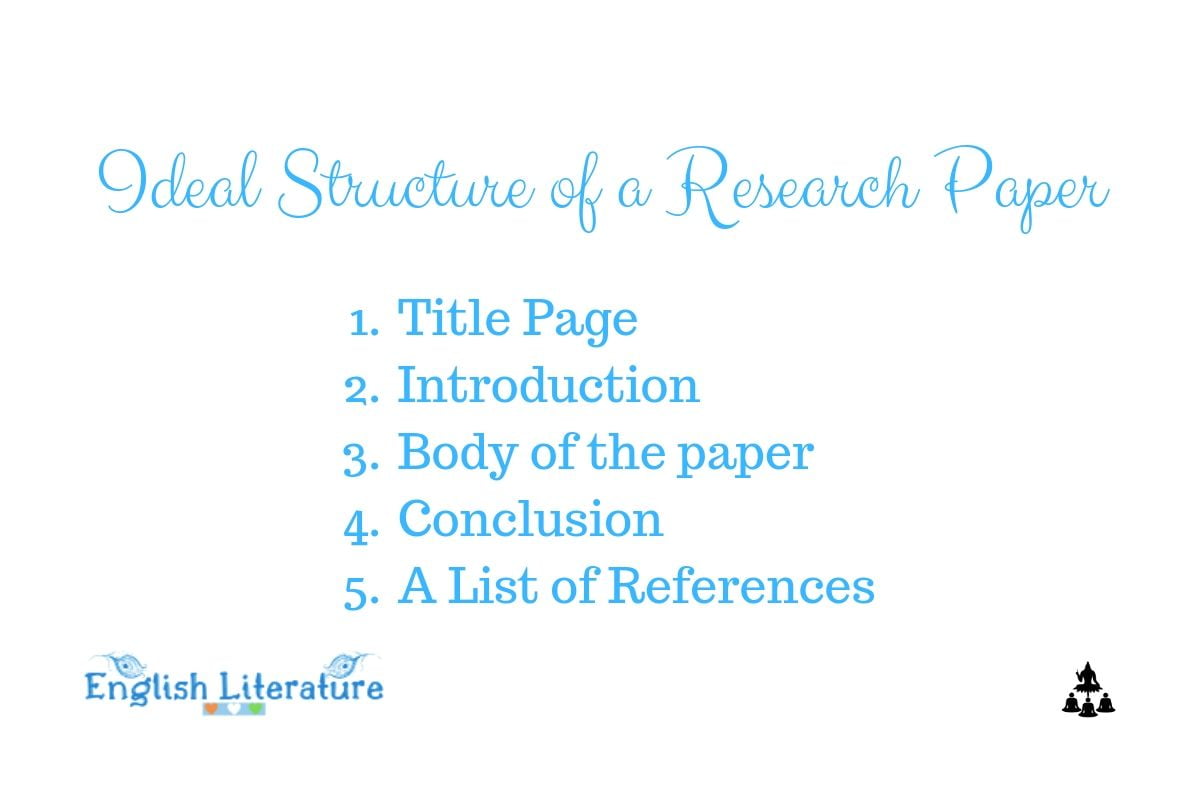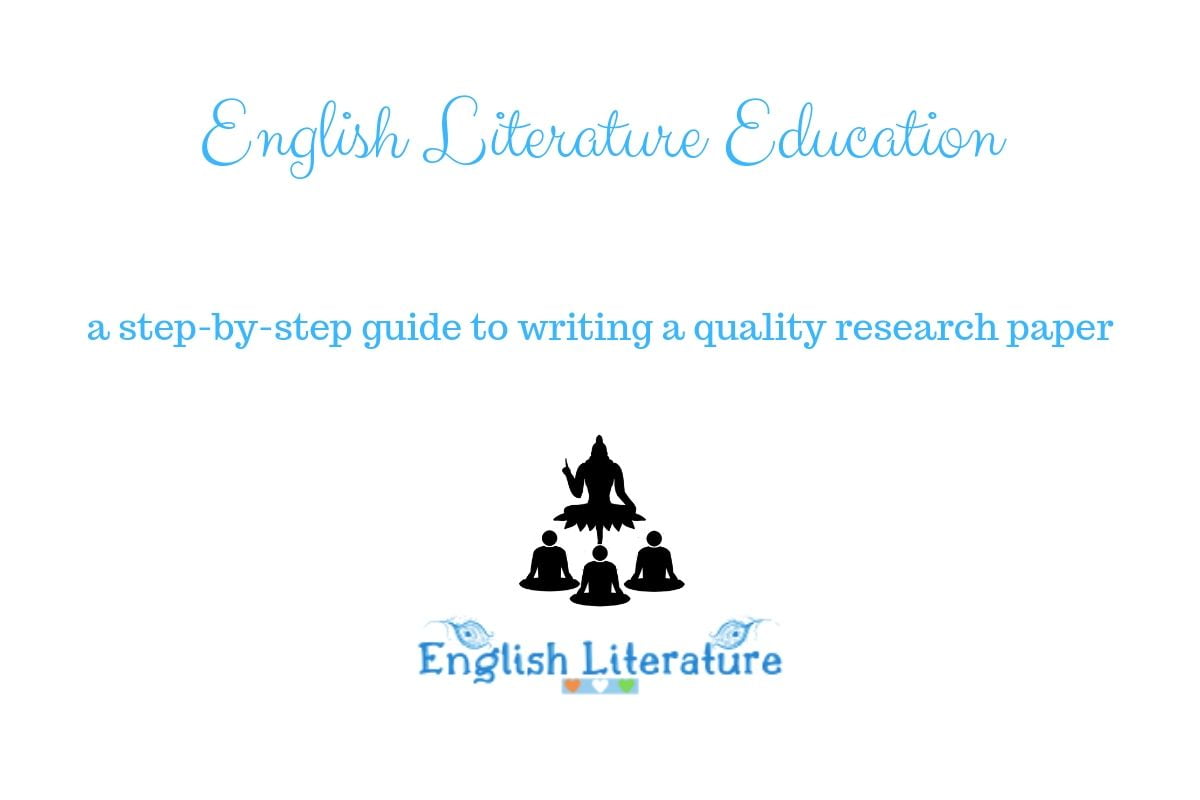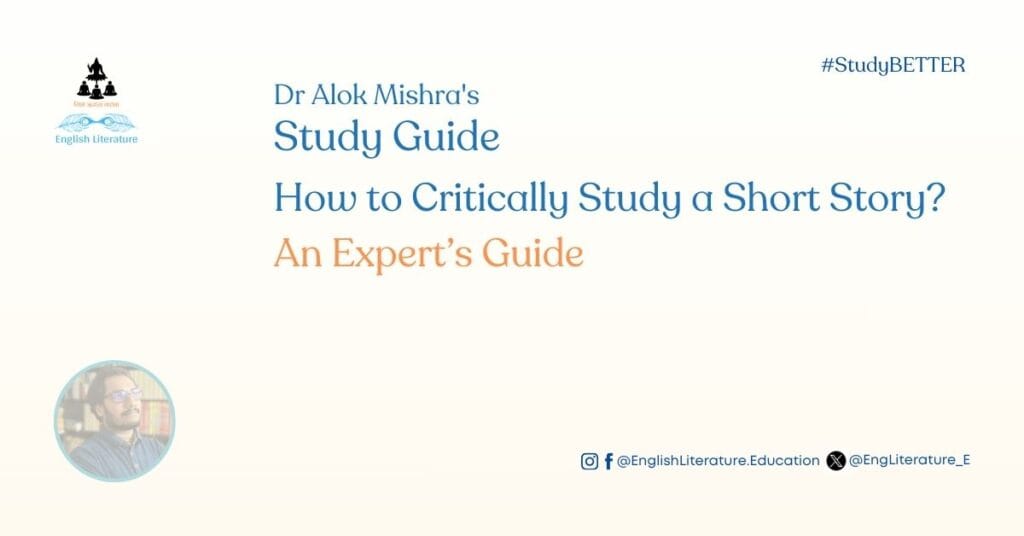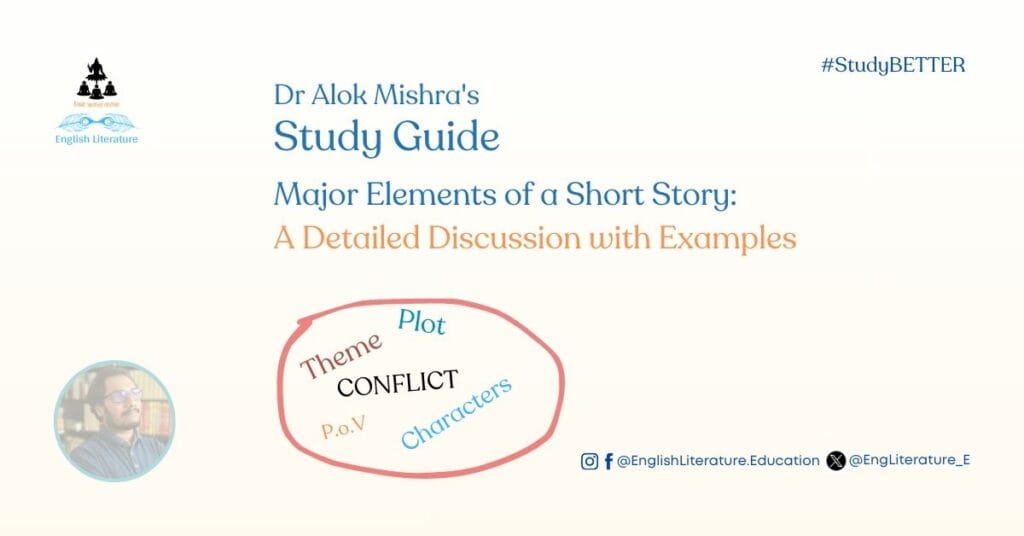A Step-by-Step Guide to writing a research paper
Introduction:
Writing a research paper is a job that we all have to do in our academic life. A research paper represents the ideas of the person who writes it. In simple words, a research paper presents an original idea and substantiates it with logical arguments. Writing a research paper in the domain of English literature is very different compared to writing research articles in other domains. Literature inclines towards abstract thinking. In other subjects, one has to stick to the facts. Howsoever you try, disputing an idea of science becomes very difficult. On the other hand, to contradict an idea in the purview of literature, you just need a systematic flow of arguments (logical and valid) and it’s done! So, writing a research paper in the field of English literature becomes easy if arguments are strong, in a sequence and wisely crafted.
Step 1: Choose the topic of your research paper:
This is one of the most vital parts. Choosing a topic is a crucial choice to make and it has to be taken seriously. You have to choose the area of your interest in English literature and then narrow it down to the area of your expertise. You cannot write a paper on the topics which are wider than a Doctoral thesis! So, you have to be precise and wise while choosing your topic.
An example: Suppose a person has adequate knowledge about Matthew Arnold. Can he write a research article on Arnold alone? No! He will need to bring the topic to some specific idea related to Arnold. The possibilities may be in his prose or poetry writing. In certain states in India, students work on topics like “Matthew Arnold as a poet” and “Matthew Arnold as a great prose writer” which is invalid, injustice and academically a sin. It should not be encouraged! Someone being a poet cannot be a subject of a research article. Any special quality of someone’s poetry writing can certainly be an interesting topic of a research paper – now you must have the idea. ‘Hopelessness and Despair in the poetry of Matthew Arnold’ can be a topic for a brilliant research paper. The hint is very simple – narrow it down to the speciality and you will have your topic ready!
Read in detail – How to choose a research topic?
Step 2: Collect information – primary and secondary sources:
Now that you have selected a topic for your research paper, you should find ‘credible sources’ that substantiate your ‘paper’s purpose’. Sources are divided into two major categories – primary and secondary. Primary sources are the materials produced by the people who feature in your topic. In the case of our example above, poetry by Matthew Arnold and other writings by him will be primary sources. Secondary sources are the writings ‘about the topic and anything related to the topic’. Therefore, you have to browse the internet, visit a library, check your bookshelves and do anything that will bring you information about the topic and anything that relates to the topic.
Step 3: Plan your research article:
Before you begin writing the paper, it’s always wise to have a clear plan in your mind. Planning a research paper in the domain of English literature should always begin with a clear ‘purpose of research’ in your mind. Why are you writing this paper? What point do you want to make? How significant is that point? Do you have your arguments to support the point (or idea) that you want to establish? Do you have enough credible sources that support the arguments you want to make in the body of the paper? If all the answers are positive, move to the next step and begin writing the drafts for your paper.
Step 4: Writing the first draft of your research paper:
Now it comes to writing the paper’s first draft. Before you begin writing, have a clear picture of your paper in your mind. It will make the job easier. What does a research paper look like? Or, rather, what’s the ideal structure of a research paper?
Beginning – Introduce your idea that drives the research paper. How do you approach that idea? What is your paper – an analysis, review of a book or two ideas compared or something else. The introduction must tell the story of your research in brief – ideas, a highlight or arguments and the glimpse of conclusion. It is generally advised that the introduction part should be written in the end so that you have the final research paper clearly justified, introduced and highlighted at the beginning itself.
Middle – And here goes the meat of your paper. All that you have to emphasise, euphemise, compare, collaborate and break down will take place in the middle or the body of your research paper. Please be careful once you begin writing the body of your paper. This is what will impact your readers (or the examiners or the teachers) the most. You have to be disciplined, systematic, clever and also no-nonsense. Make your points and support them with your arguments. Arguments should be logical and based on textual proofs (if required). Analyse, compare or collaborate as required to make your arguments sharp and supportive to the proposition that you make. The example topic of a research paper that we chose somewhere above in this article – Hopelessness and Despair in the Poetry of Matthew Arnold will require the person writing this paper to convince the readers (and so on) that actually Arnold’s poetry gives a sign of the two negative attitudes picked as the topic. It would be wise to analyse the works (and instances from them, to be specific) The Scholar Gypsy, Empedocles on Etna, Dover Beach and others that support the proposition made in the topic for research. You can use primary and secondary sources and cite them wisely as required. You have to convince the readers of your paper that what you propose in the purpose of the research paper stands on the ground as a logical and valid proposition.
End – Or the conclusion of a research paper that should be written wisely and carefully. You can use a few of your strongest arguments here to strike the final balance and make your proposition justified. After a few of your strongest arguments are made, you can briefly summarise your research topic and exhibit your skills of writing to close the lid by justifying why you are proposing that you have concluded what you began. Make sure that you leave the least possible loopholes for conjecture after you conclude your paper.
Reference: You can use two of the most used styles (or rather only used) to give a list of references in your paper – APA or MLA. Whatever you choose needs to be constant throughout the paper.

To summarise, here is what a research paper should look like:
- Title Page
- Introduction
- Body
- Conclusion
- A list of References
Step 5: Read & re-read your draft: It gives you the chance to judge your research paper and find the possible shortcomings so that you can make amends and finalise your paper before you print it out for your academic requirements. While you read your first draft, treat it with a purpose to find contradictions and conjecture points as much as possible. Wherever you find the chances of contradiction possible, you have to make those arguments forceful and more logical and substantiate them to bypass the fear of being contradicted (and defeated). Let us be clear – it is English literature we are dealing with and there will be contradictions. Don’t fear it. However, make sure your arguments are not defeated. The defeat means your paper will not hold up to the scrutiny of the experts. And this is why you need to read and re-read the first draft of your literature research paper.
Step 6: Finalise & print your research paper: After reading your paper 1 or 2 times, you should be sure what needs to be changed and otherwise. Finalise it so that it appears the best and sounds good to be the final version. Print your work in the best possible quality and you are done! If there is a verbal question-answer associated with the paper you prepare, make sure you understand it completely and are ready for the questions from any possible side of your topic.
This was our step-by-step guide to writing a research paper in the field of English literature. We hope you have found it useful. We will write more articles associated with the concept – such as choosing a research topic, building arguments, writing powerful introductions. Make sure you subscribe to our website so that you are notified whenever we post a new article on English Literature Education! All the best with your paper!
More guides on How to Subjects:





10 Comments. Leave new
superb explanation.
Thank you so much, explanation about research work is a nice manner. (private information retracted)
Very well written article! Thanks for this. I was confused about my research paper. I am sure I can do it now.
Quite resourceful. thank you.
Very nice reseach paper
It was very nice reading, helpful for writing research paper.
Thanks for your kind sharing of the information
Normally, I don’t leave any replies after reading a blog, but I couldn’t help this time. I found this blog very useful. So, I’m writing my research paper and I’ve been racking my brain and the internet for a good topic, plus trying to learn how to write a research paper. Thank you so much for putting this up!
I want to work on The French Revolution and its impact on romantic poetry. Please help in this regard.
Thanks a lot for the information.